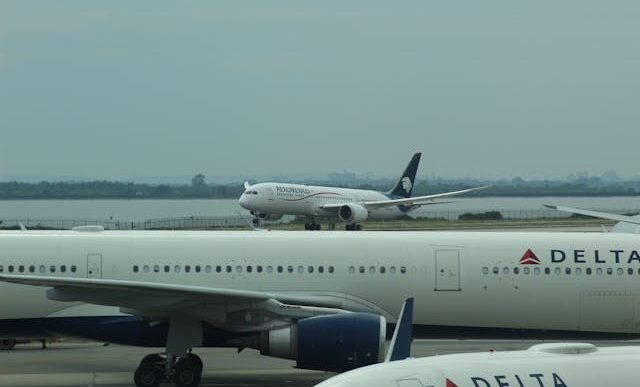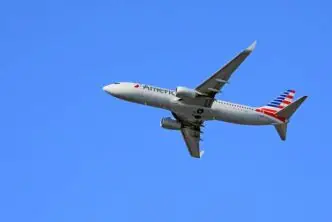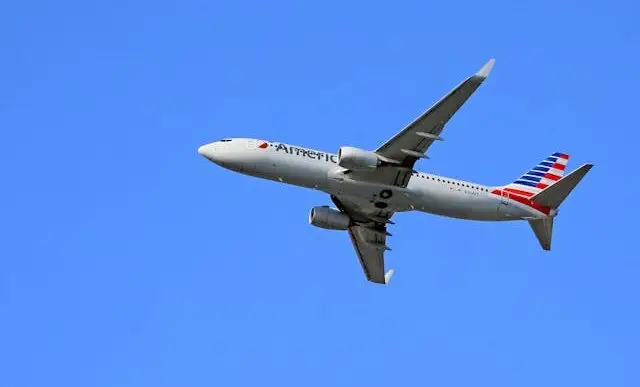The Maldives, a South Asian country known for its stunning beaches, blue lagoons and extensive coral reefs, has introduced a departure tax that will apply to tourists leaving the country via its airports. This move comes in addition to a plan to raise other tourist taxes from the beginning of January, in a bid to generate more revenue from the country’s main economic driver – tourism.
The new departure tax, which took effect immediately, as well as the increase in other tourist taxes, which will come into operation from January, is expected to contribute significantly to the country’s coffers. The Maldivian government has not yet disclosed the exact amounts of the new taxes, but it is expected to make an announcement in the coming weeks.
The Maldives, heavily reliant on tourism, has been severely affected by the COVID-19 pandemic. The new tax measures are viewed as a way to recover from the economic downturn caused by the global health crisis.
Impact on Tourism
While the Maldives is a popular destination for tourists around the world, the introduction of the departure tax and the increase in tourist fees may have a significant impact on travel plans. This could potentially deter tourists, especially those who are budget-conscious, from visiting the country. The potential drop in tourist arrivals could have a ripple effect on the local economy, which relies heavily on the tourism sector.
However, some industry experts argue that the tropical paradise’s unique attractions could potentially offset the impact of these new taxes. Despite the higher costs, tourists may still choose the Maldives for its unrivaled beauty and tranquility, especially those who are willing to pay a premium for luxury travel experiences.
Government’s Pandemic Recovery Plan
The Maldivian government views these new tax measures as part of a broader economic recovery plan. Since the onset of the COVID-19 pandemic, the country’s tourism sector, which contributes more than 60% to its GDP and accounts for more than half of the foreign exchange earnings, has taken a severe hit. The Maldivian government is hoping that the new departure tax and increased tourist fees will provide an additional source of revenue to help stabilize the economy.
The government also emphasized that the funds generated from the new taxes will be used to finance development projects, improve public services, and enhance the overall tourist experience in the country. This, they believe, will not only help to rebuild the economy but also ensure the sustainability of the tourism sector.
Reaction from the Tourism Industry
The announcement of the new departure tax and increased tourist fees has been met with mixed reactions from the tourism industry. While some understand the government’s need to generate additional revenue, others are concerned about the potentially negative impact on tourist arrivals.
Industry stakeholders are calling for more transparency in how the tax revenue will be used. They argue that if the funds are directed toward improving tourist facilities and services, it could justify the higher costs and potentially attract more visitors. However, if not properly managed, the new tax measures could deter tourists and further impact the already struggling tourism industry.
The Maldivian government has assured the industry that it plans to use the new tax revenue wisely and in a manner that will enhance tourism and benefit the country as a whole. As the world gradually recovers from the pandemic, the Maldives, like many other tourist-dependent economies, is exploring various strategies to revive its tourism sector, while also ensuring its sustainability for the future.















